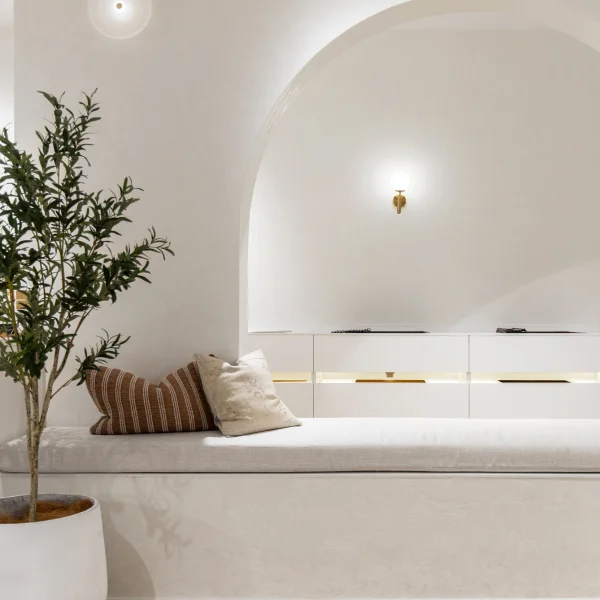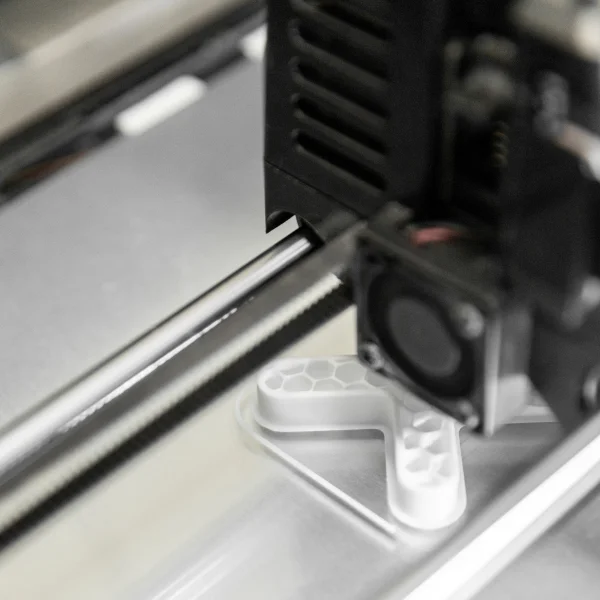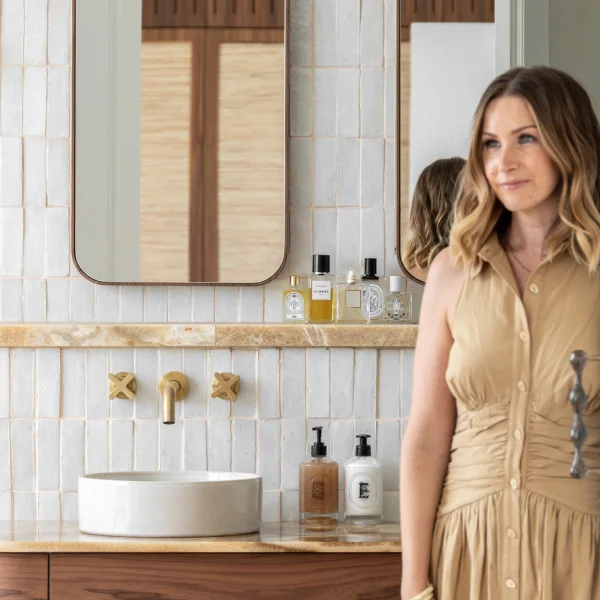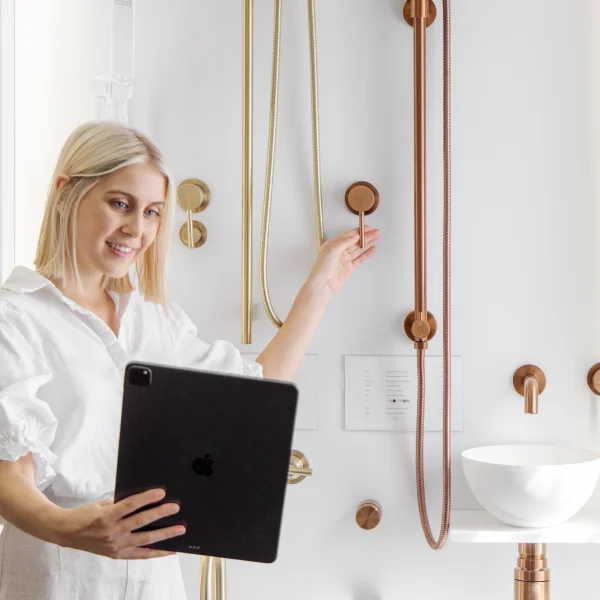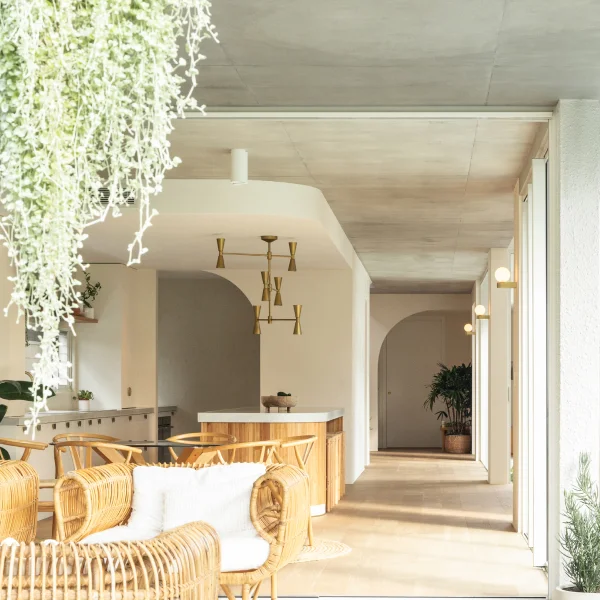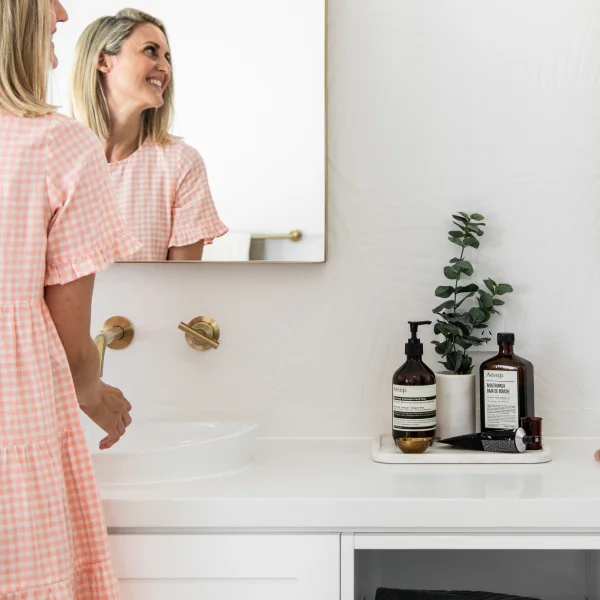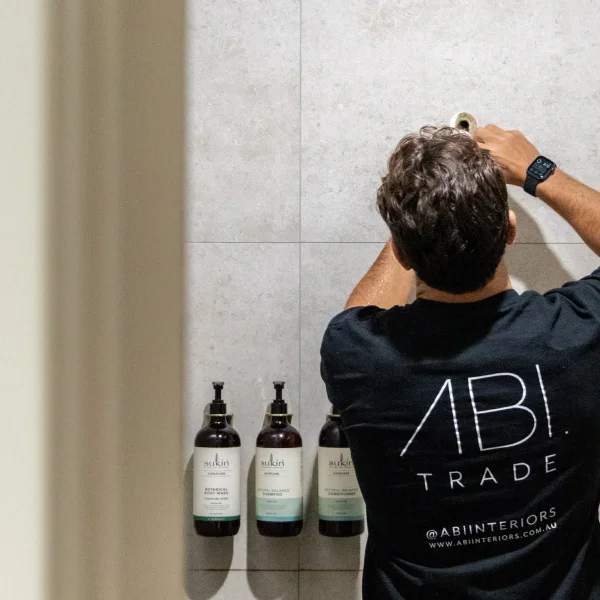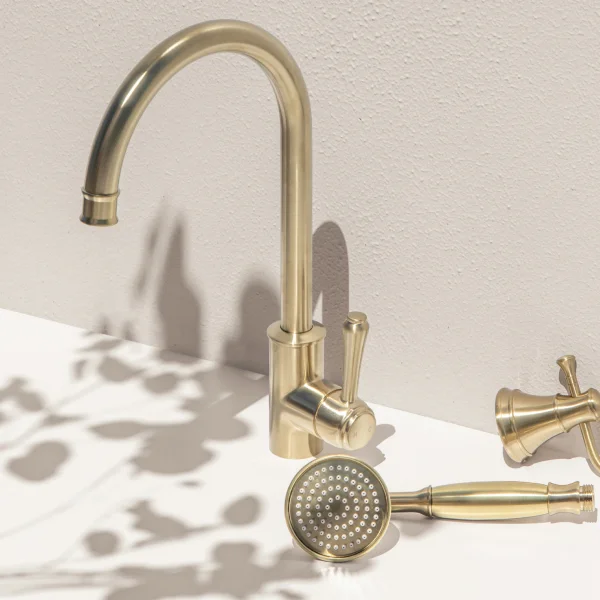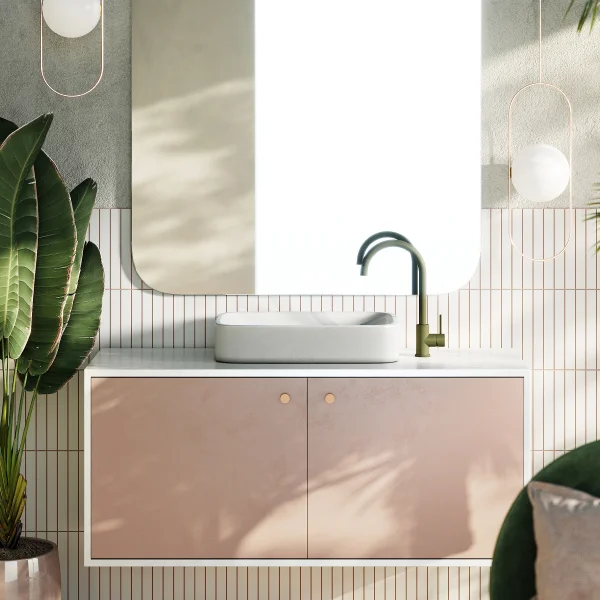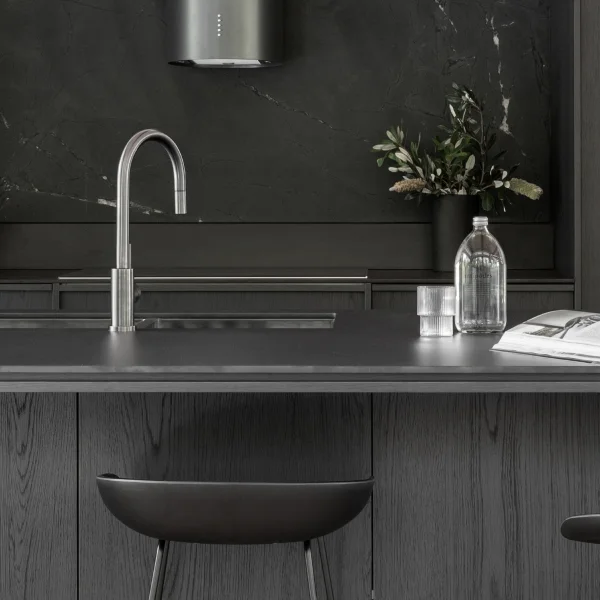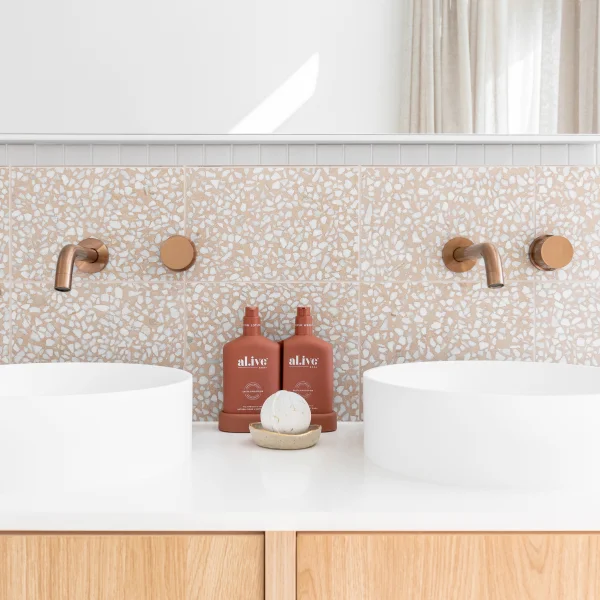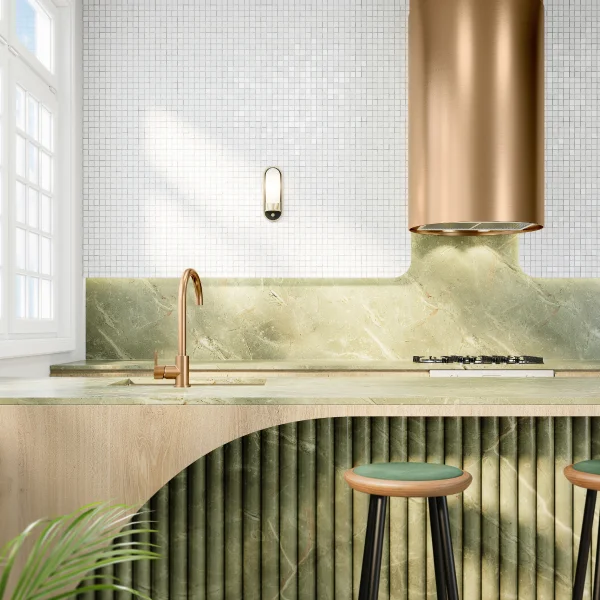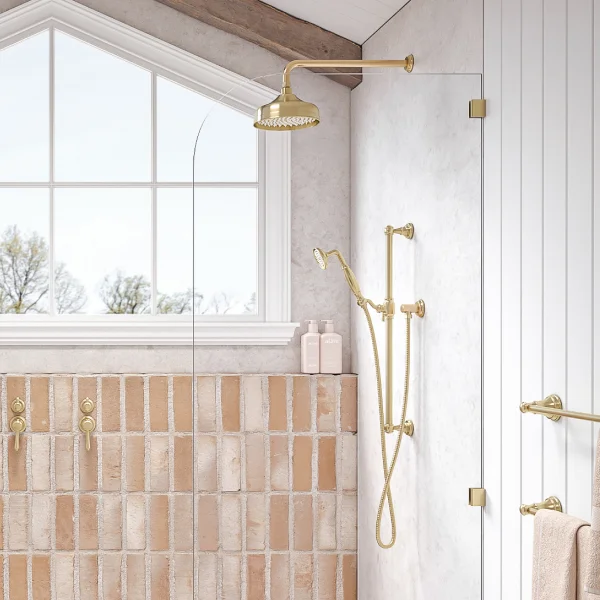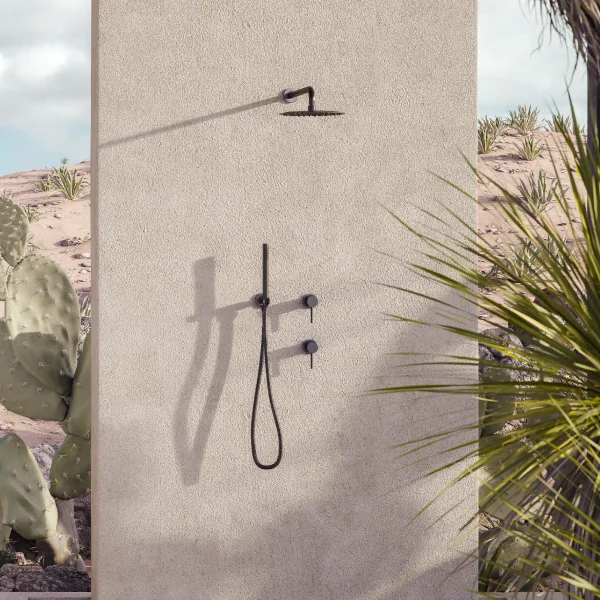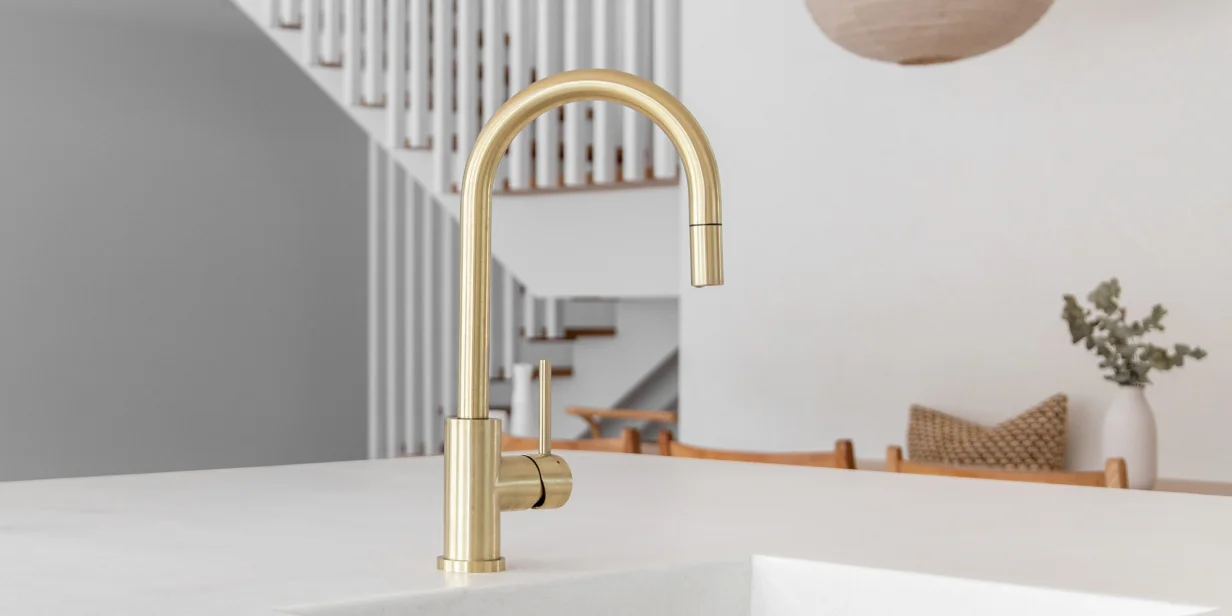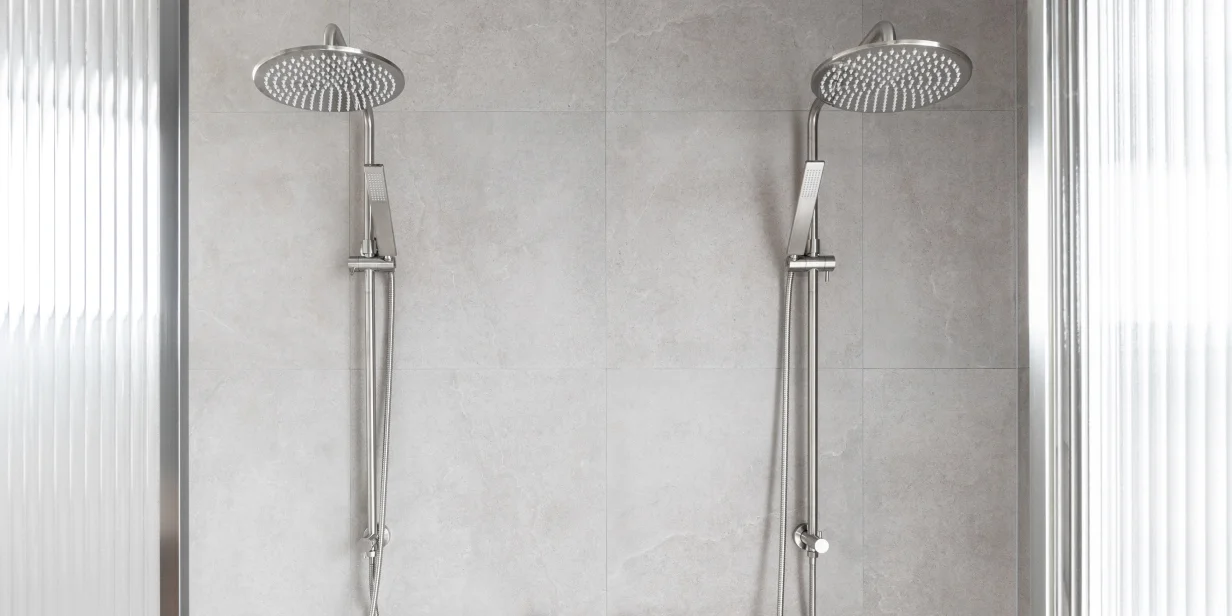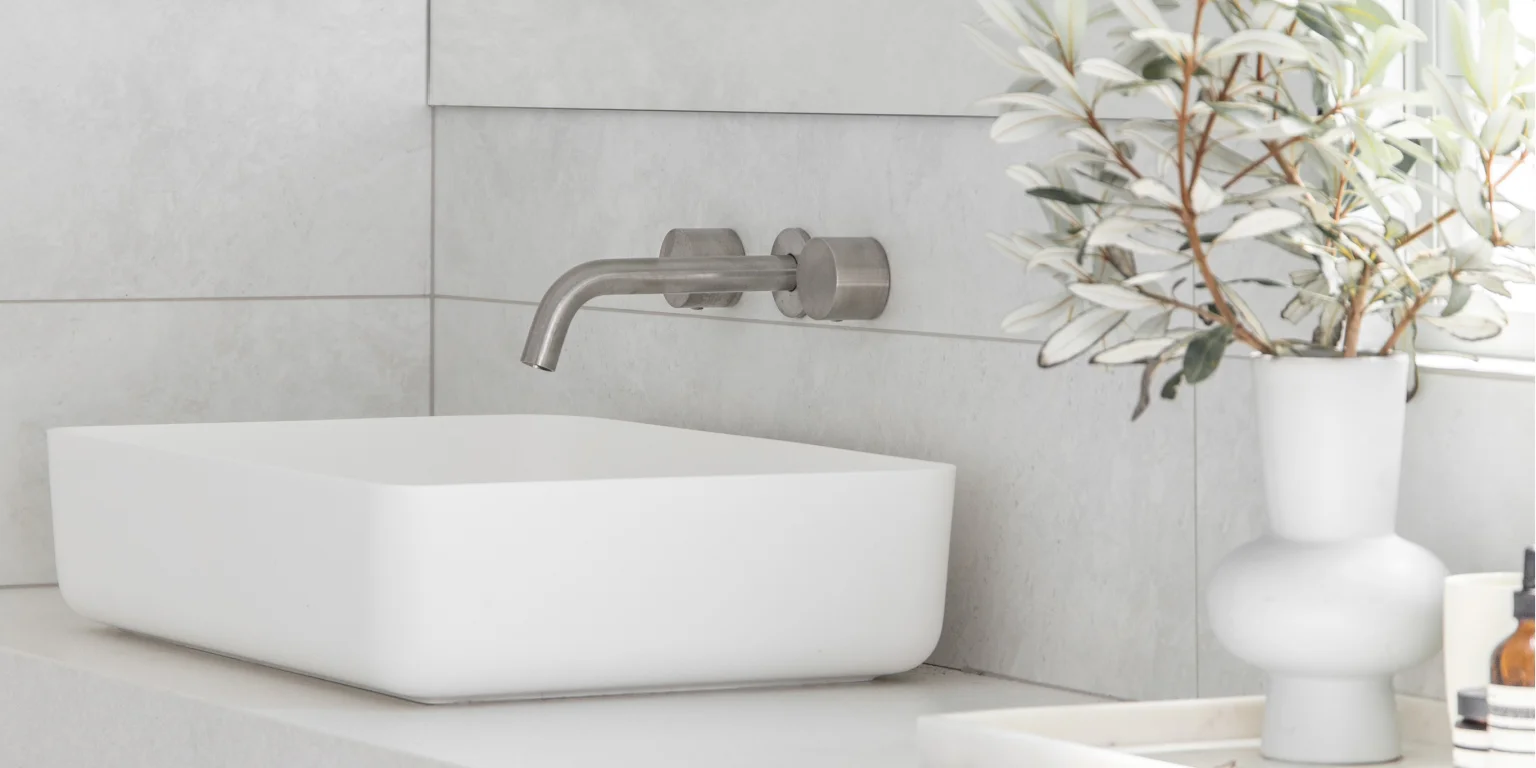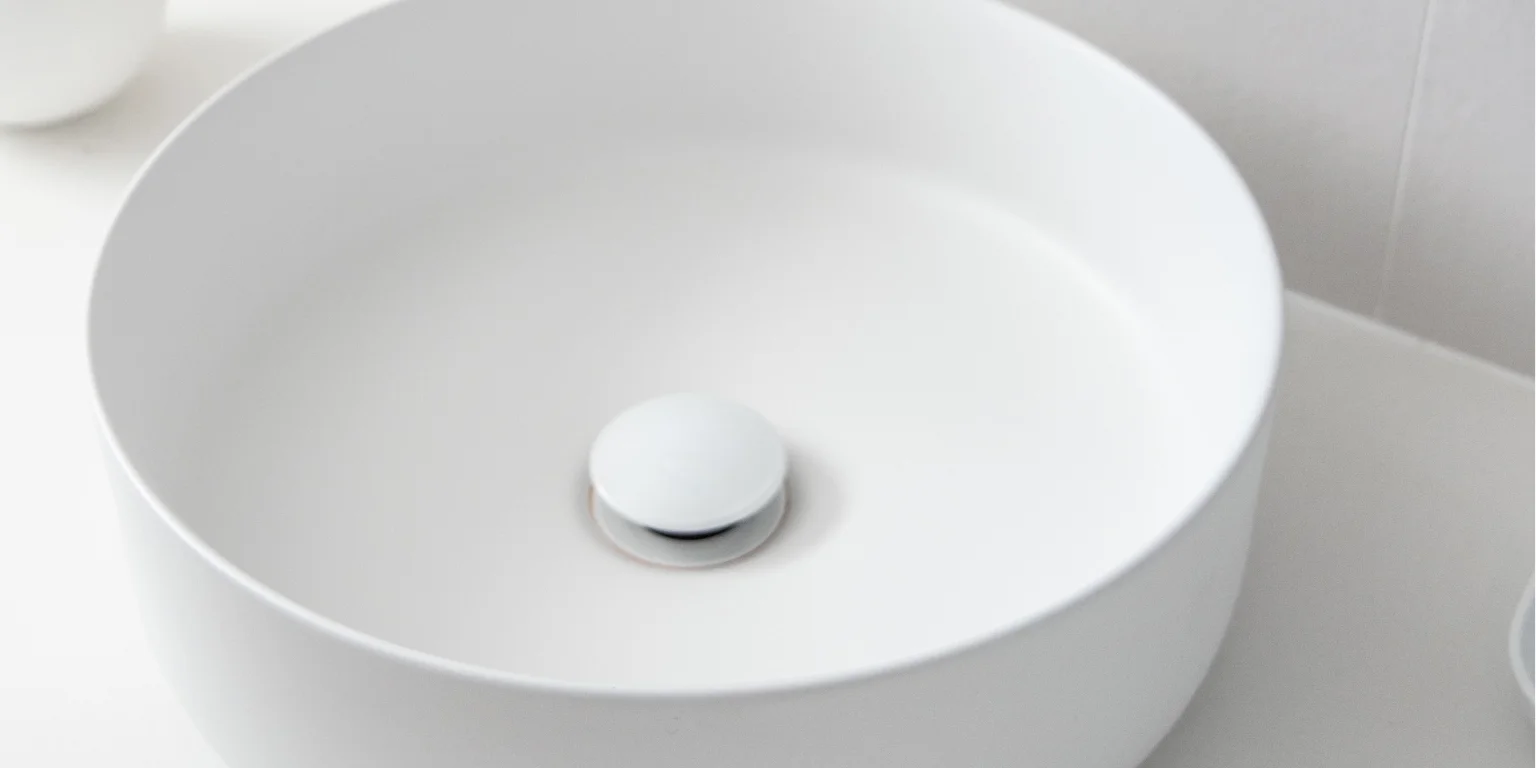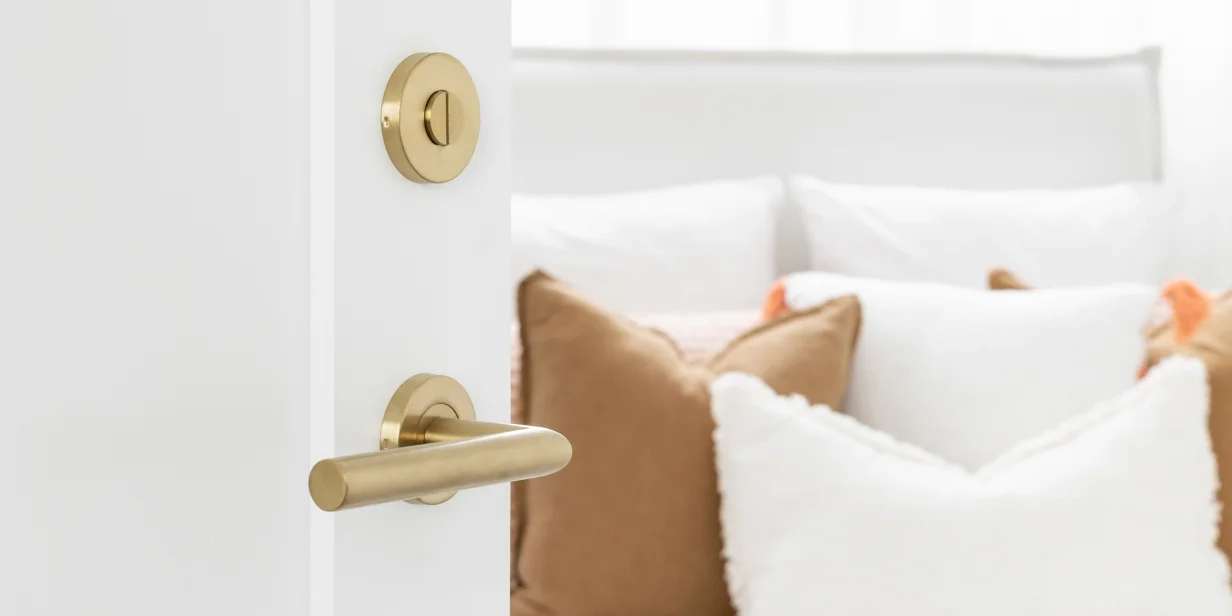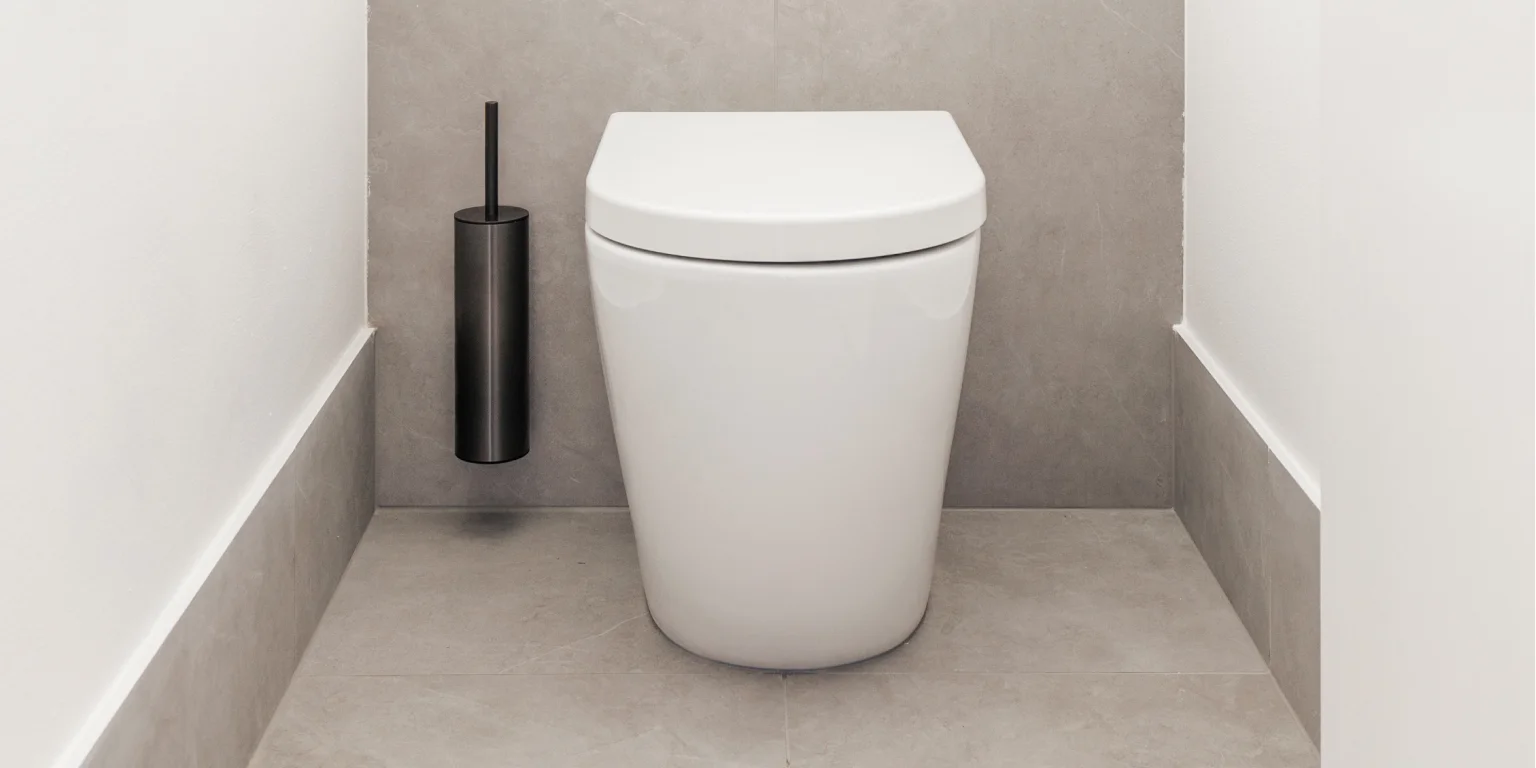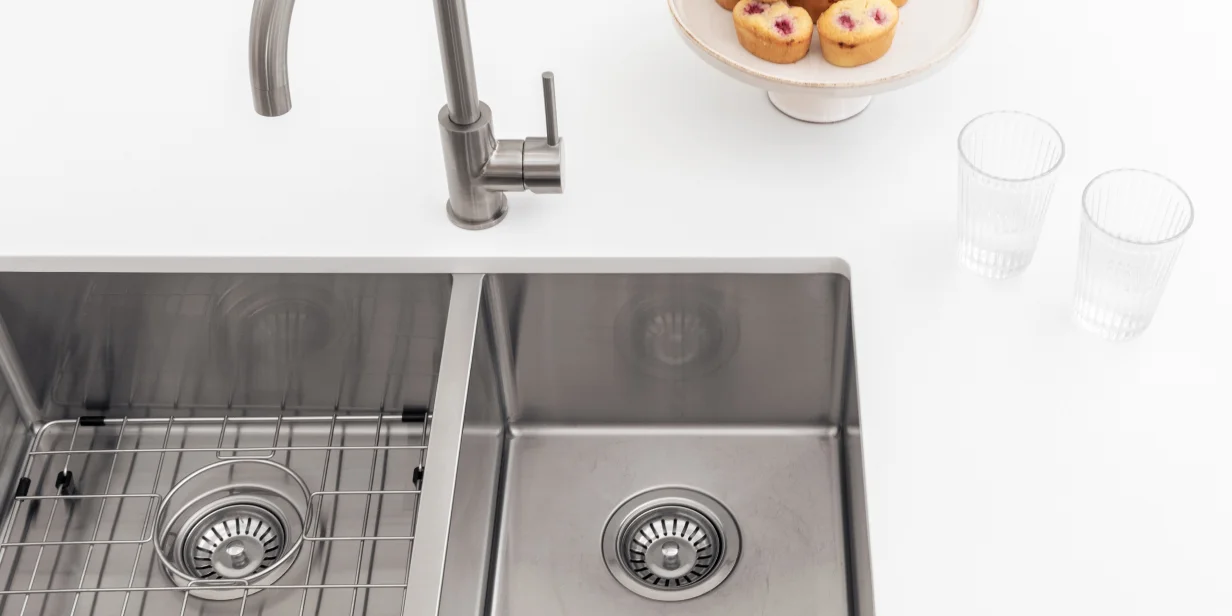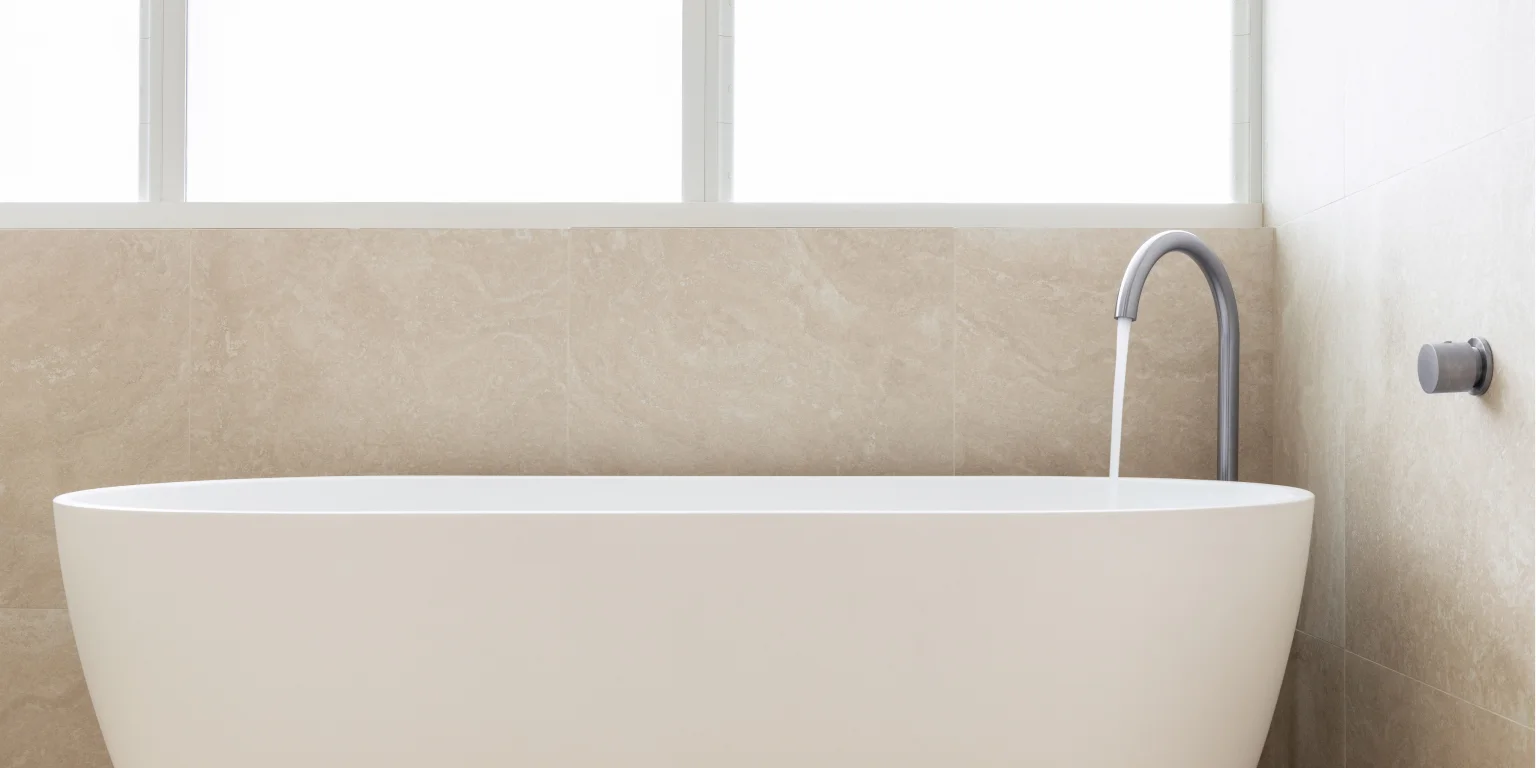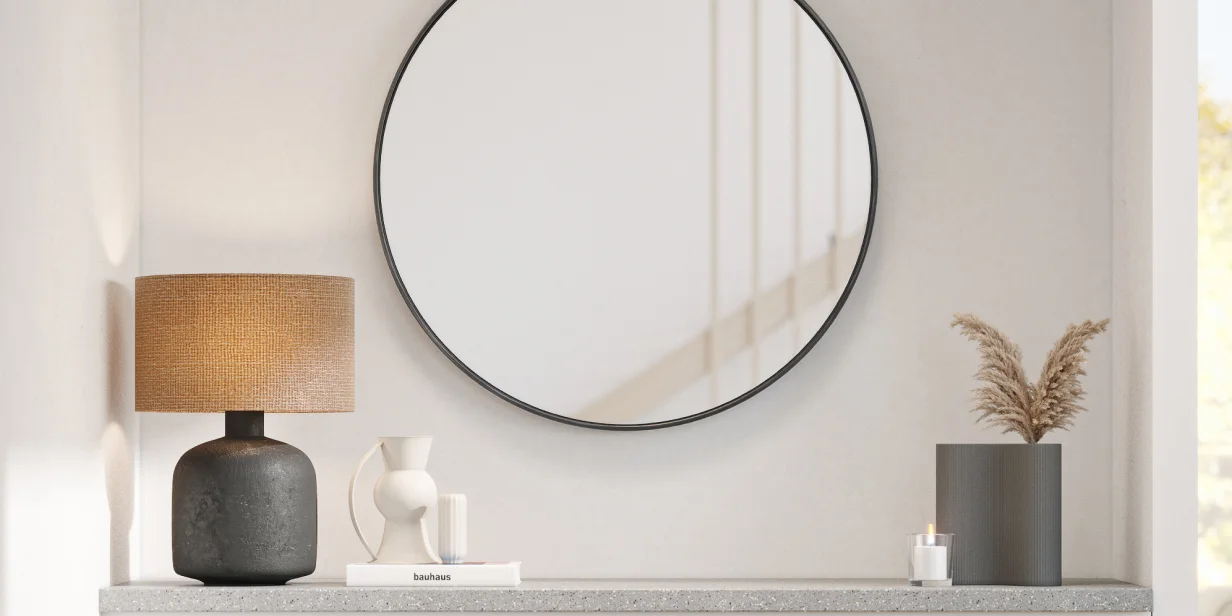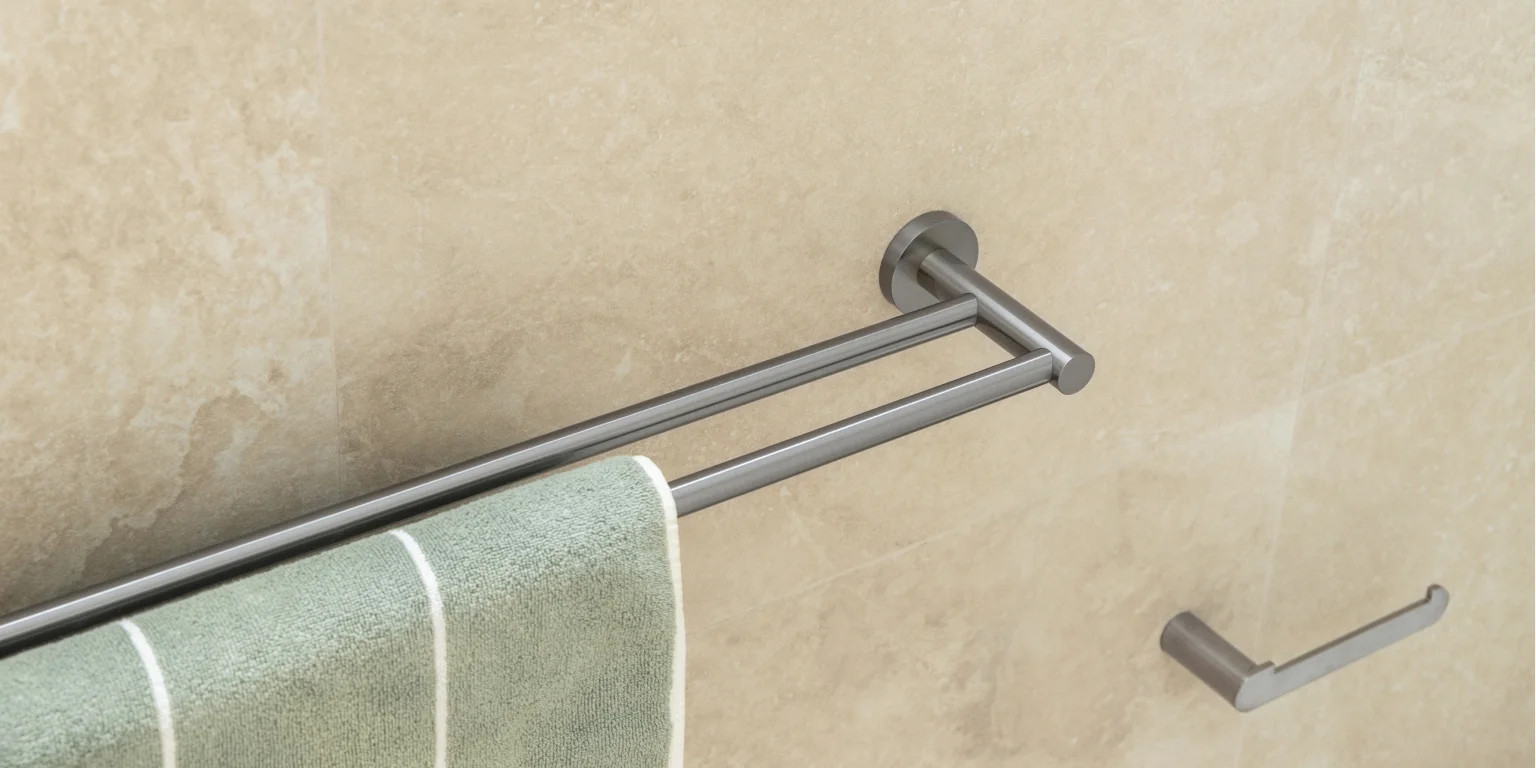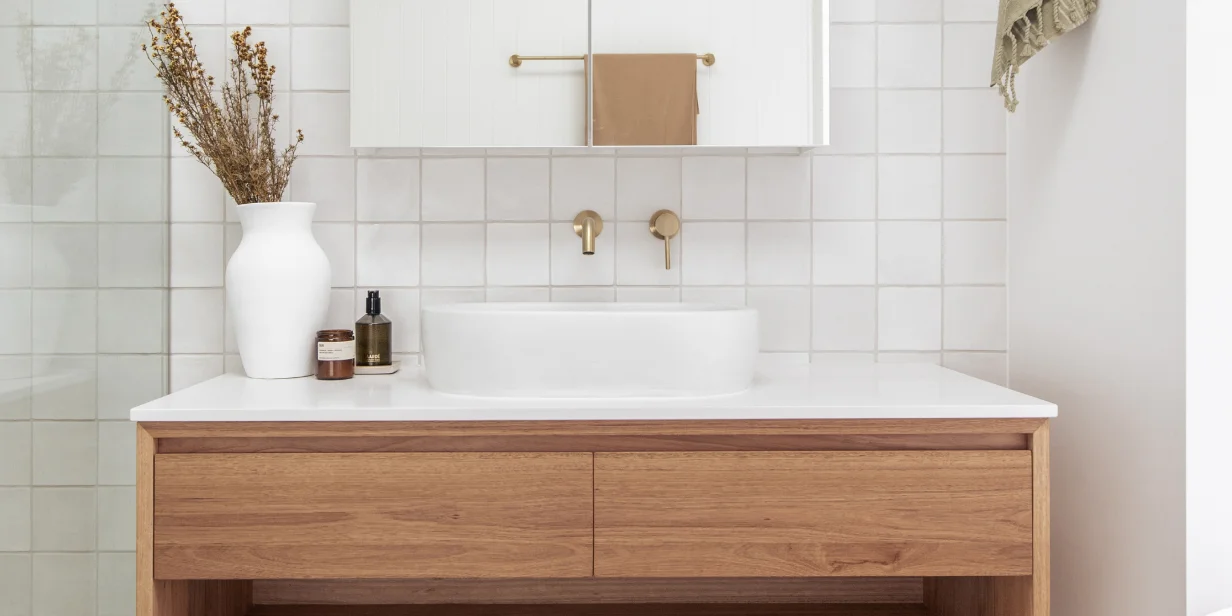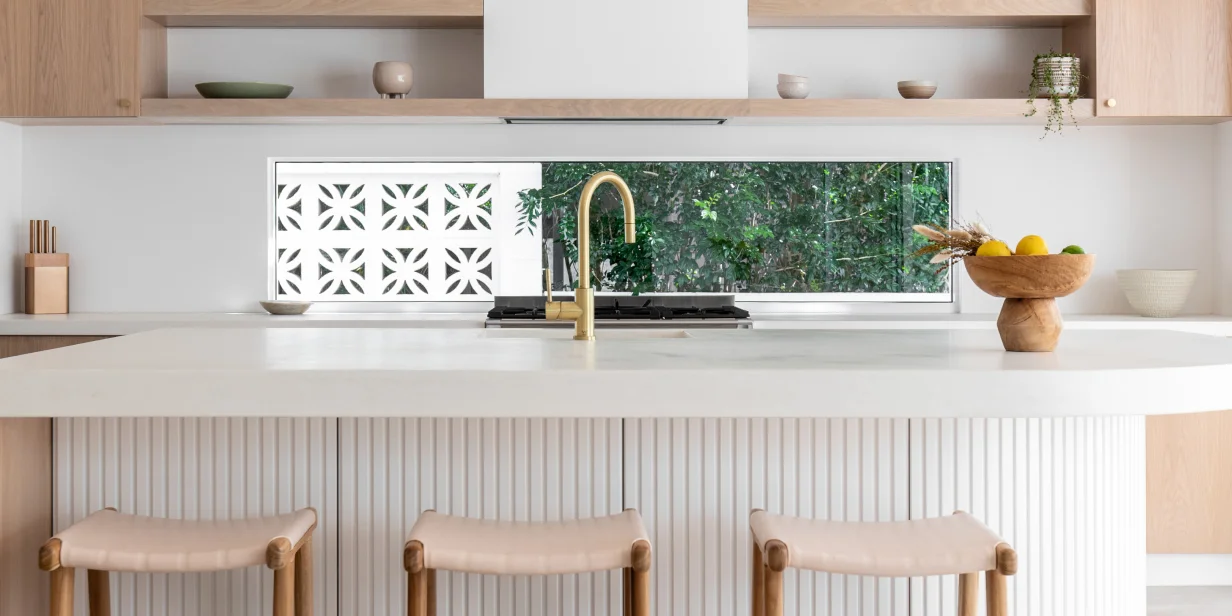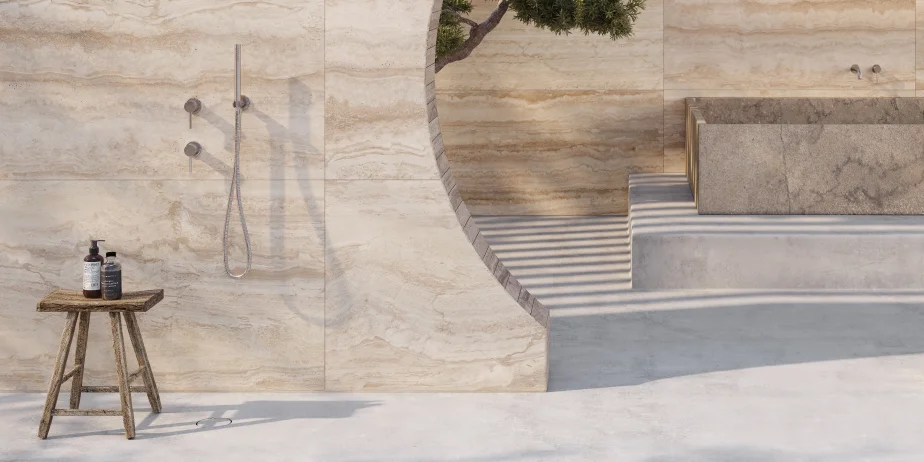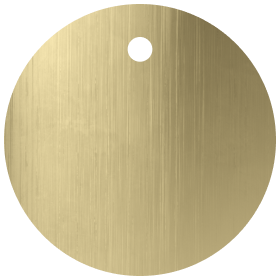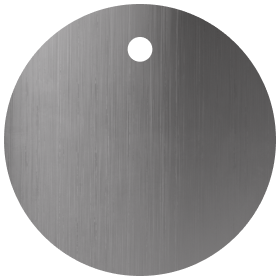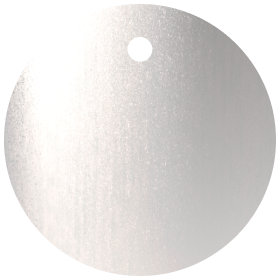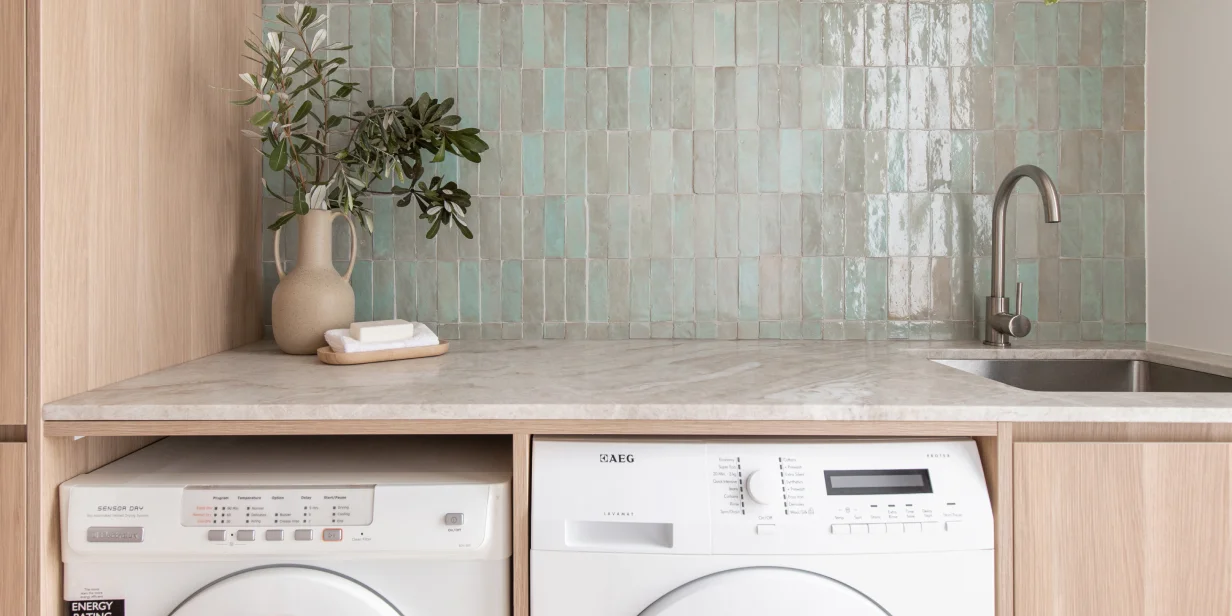Inside the Impressive Comeback of 70s Interior Design
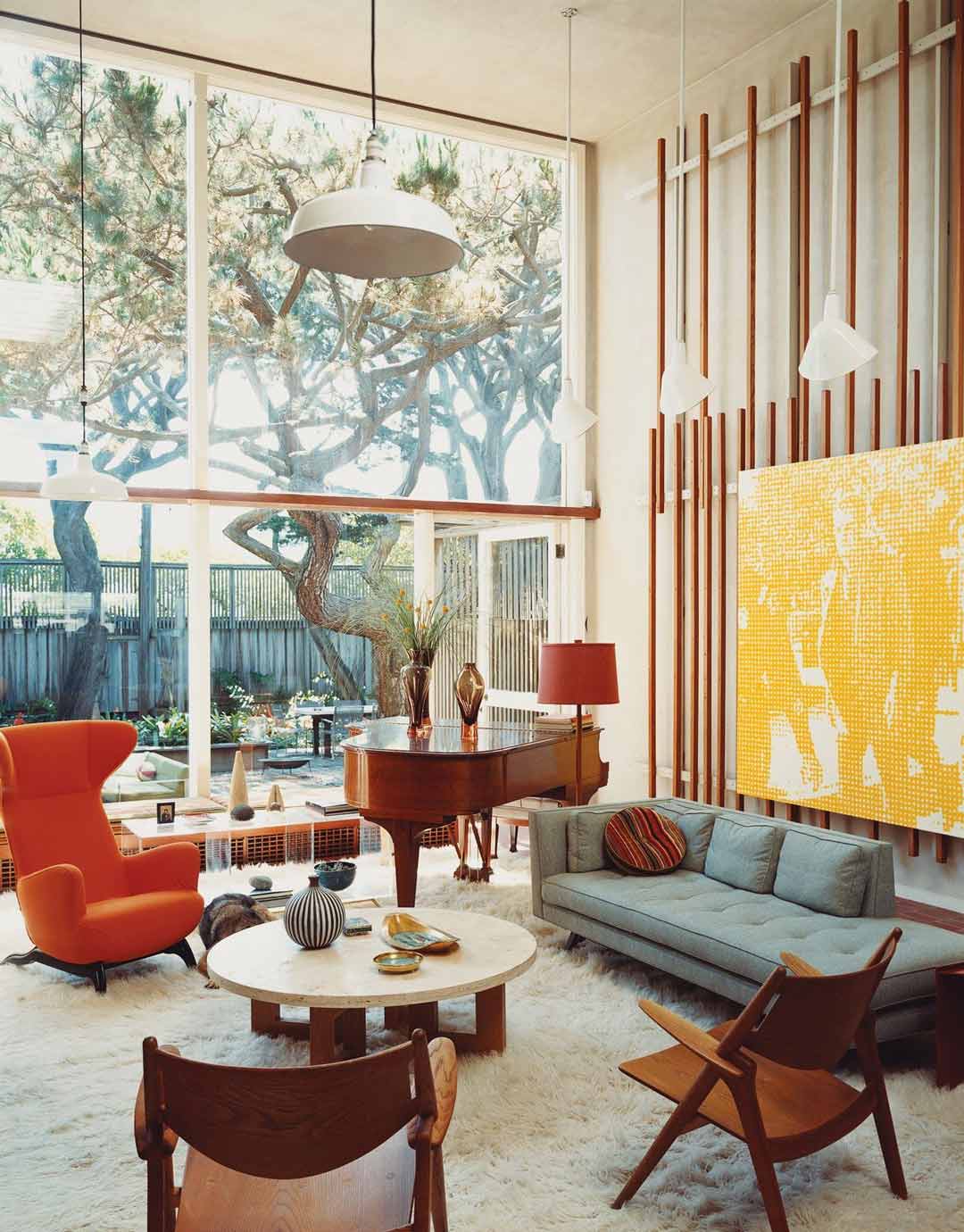
Prominent 70s interior and furniture designer Verner Panton once said,
“The main purpose of my work is to provoke people into using their imagination and make their surroundings more exciting.”
That spirited and curious attitude encapsulates 70s decor and interior design, markedly enlivening homes within the decade. Paisley motifs, plants, vibrant earthy colours, and grounding textures are all linchpins that form the uniquely animated style.
But in a time where neutrality has taken place of colour diversification, are we yearning again for design schemes that seek exhilaration and individualism?
It seems so.
Come with us as we move through the history of 70s interior design, discussing the reasoning for its comeback and how to rewrite it into a modern landscape.
History of 70s Interior Design
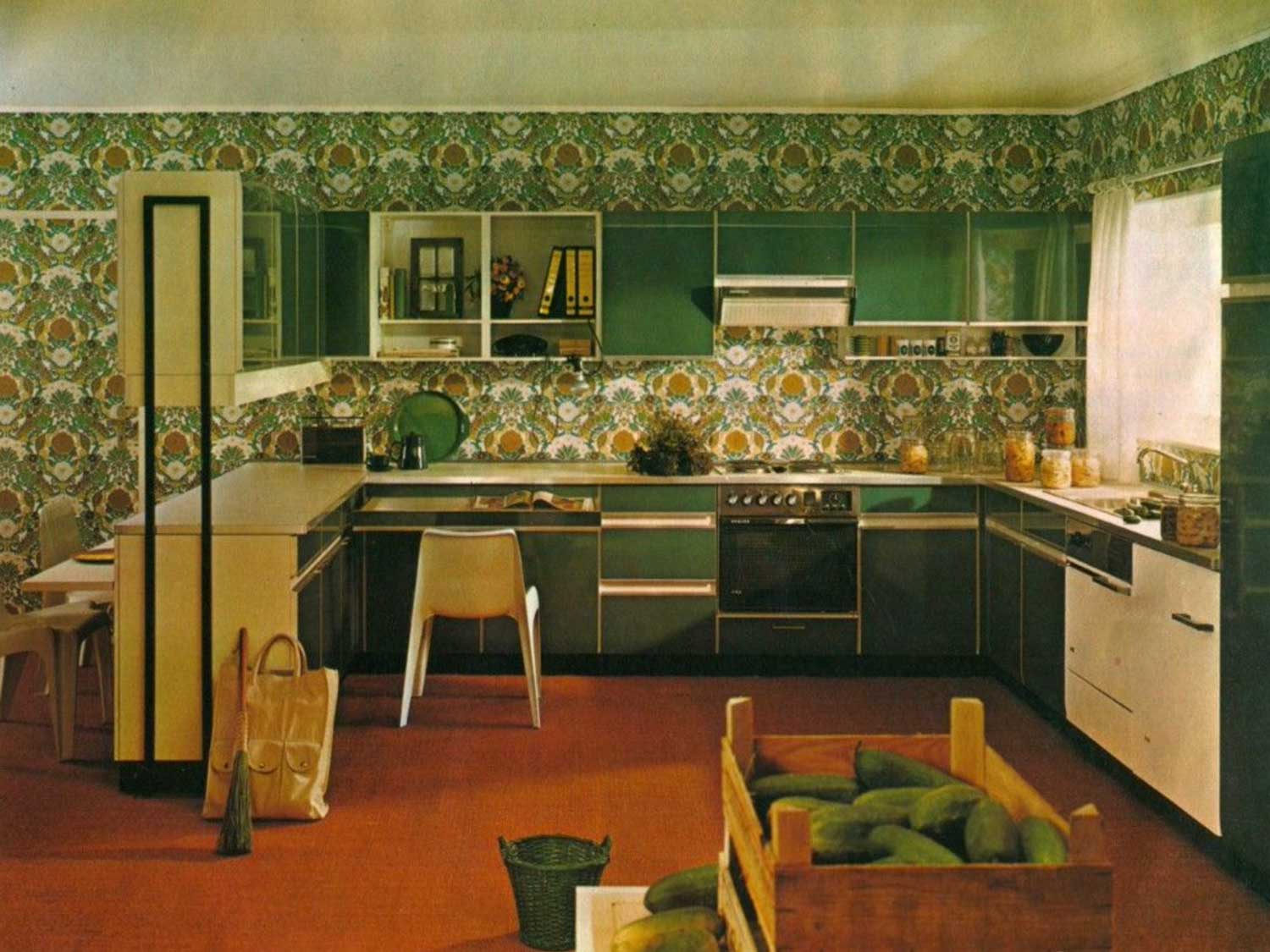
Interiors are often an expression of the inhabitants, colouring the four walls with stories of their personal lives. While designing is an individual preference, it’s able to pinpoint the themes and interests of a generation.
So what was happening societally in the 70s to birth this style?
Interestingly, in most periods of time when daily life is narrated by gloominess, restriction, and scandal — the way we escape is through art, music, film, and especially, design.
The 70s was the end of the swinging 60s: the Beatles disbanded, Elvis Presley passed away, and governments aimed to control the turbulence of the previous decade by promoting political conservatism.
In response, it birthed an era that sought liberation, new ideals, and exaggerated styles. Often the 70s are typified by the disco ball, as disco music was born here. But that icon of a generation symbolises a deeper suggestion: the act of taking the world around you and refracting it back out in kaleidoscopic and exciting visions.
While this will vary across the world, the 70s decor and design that we’re all familiar with were inspired by freedom, and homes were centred around open-plan living, natural materials, comfortable textures, and lively colours.
Why Has 70s Interior Design Returned?
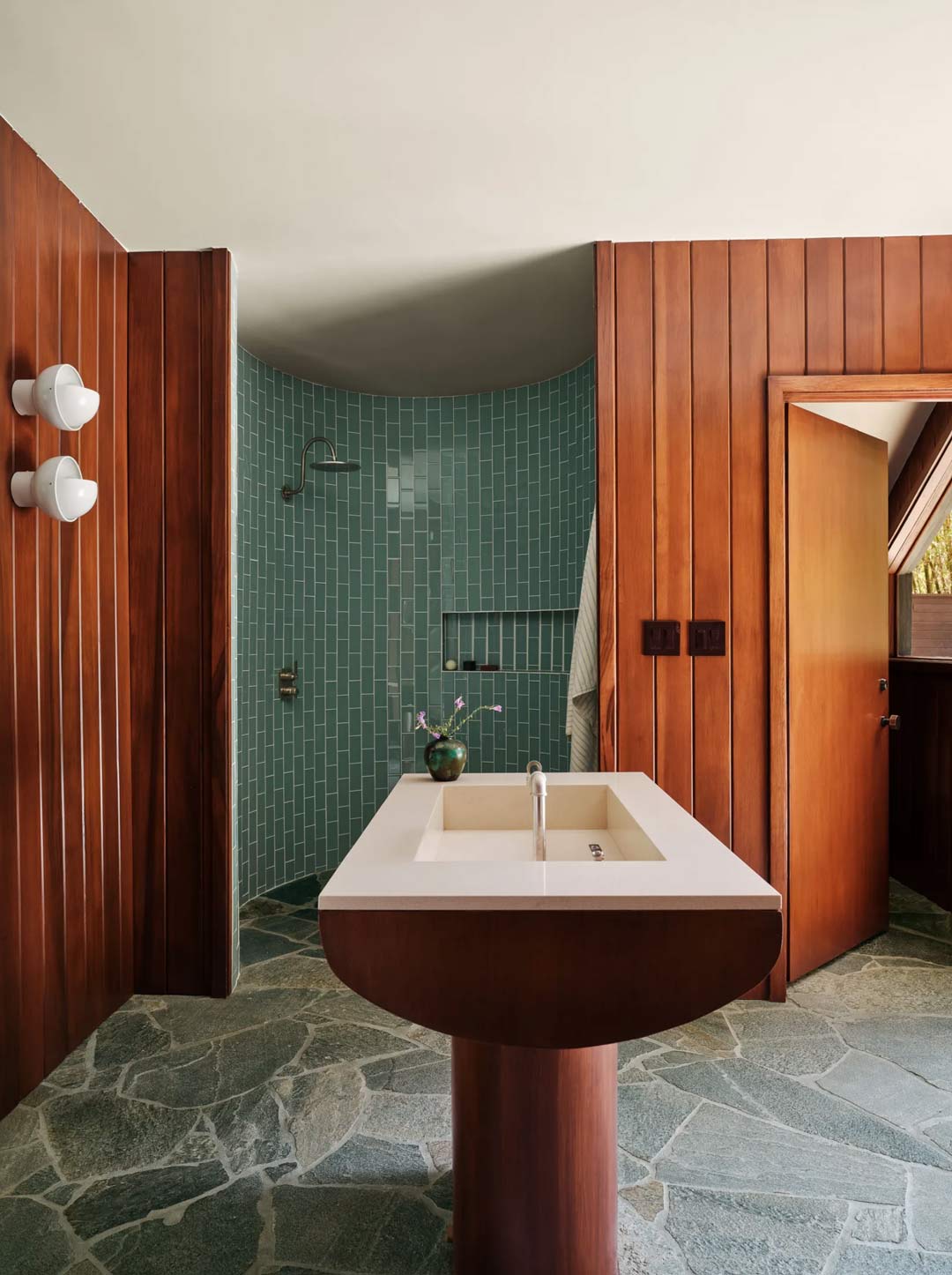
We have been in a long era that lauds minimalism, expressed through neutral and achromatic tones. The somewhat nonpartisan emotional quality of whites, greys, beiges, and blacks offers a level of stability and timelessness that we can trust long into the future.
A concern that went viral on TikTok is that “the world is losing its colour”, which showed that cars, restaurants, and common household products were opting for more monochrome tones.
Though, as we move through long-term ambiguity and restricted living, it seems natural to crave concepts that counteract a feeling of stagnation and inject a level of enthusiasm. Even the Pantone Colour for 2023, ‘Viva Magenta’ “promotes a joyous and optimistic celebration, writing a new narrative”.
Read more about our dissection of this year’s Pantone colour and more interior design predictions for 2023 here.
And that’s where 70s interior design and 70s decor become a popular inspiration source. Our current desire for nature and a sense of adventure in our interiors makes this period of design the perfect point to launch from.
In the rest of this article, we will take the creativity from the progressive era of the 70s and offer modern ways to infuse it in the home without feeling regressive.
The Colourfully Classic 70s Kitchen
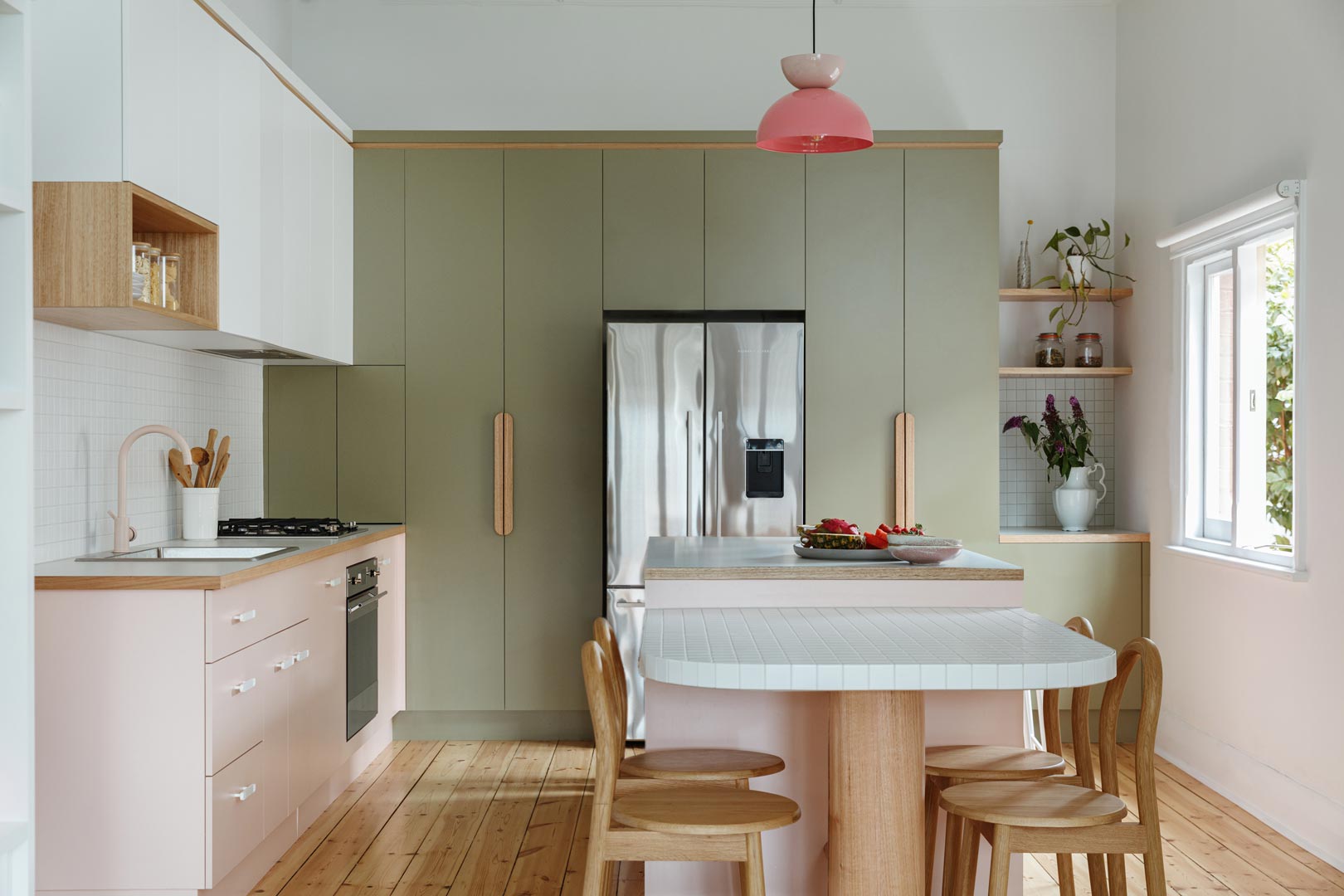
This decade saw the kitchen become a hive of activity, not just in function — but in aesthetics too. 70s colours such as mustard, burgundy, burnt orange, and even lime green were some of the ways that homeowners adorned these spaces.
It was a casual space that brought in a sense of earthiness, with dark wood cabinetry dominating the scene, along with skylights, windows, and plants.
That level of colour and exuberance can be modernised by selecting a few key features and making them work more seamlessly.
Earthy-coloured, tiled island benches or backsplashes are a way to involve a flavour of the 70s in your design. To take a bold step further, adopt 70s patterns in wallpaper or tiling, with pastel-coloured kitchen tapware for extra verve.
As for materials, stick to wooden cabinetry and pair them with brushed brass for a contemporary look that still honours the warmth of 70s design schemes.
Adopting a Retro 70s Living Room
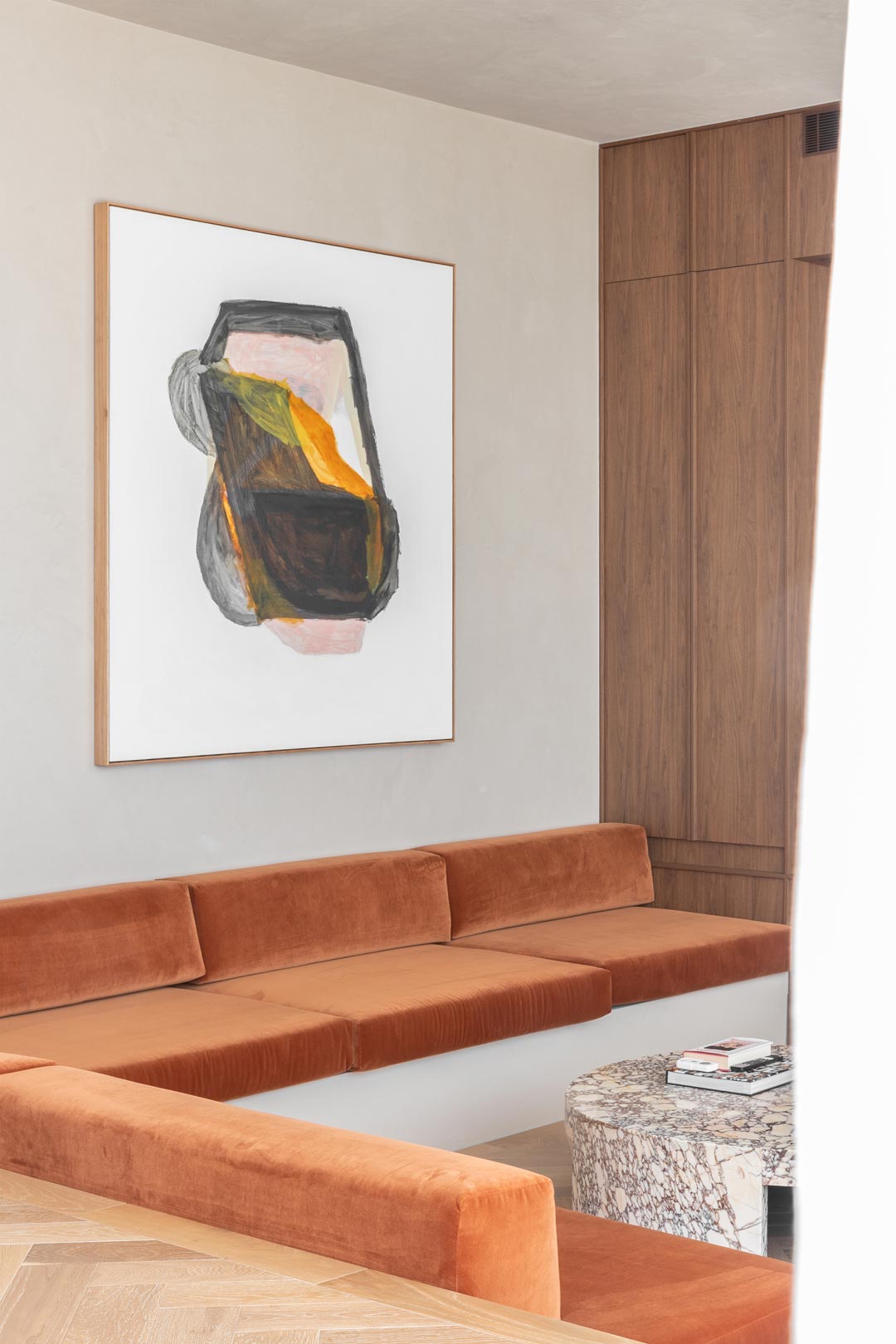
Promoting a sense of openness and community, the living room was the place to connect with friends and family. That sentiment has continued through design, but the difference between now and then is one particular defining feature: the 70s sunken living room.
Also referred to as a conversation pit, this is a recessed domain with a lounge for guests and family members to sit in.
More classic 70s furniture pieces for the living room include fringed rugs, hanging chairs, rattan side tables, and velvet items. This space is the best opportunity to express the aforementioned retro colours, so enjoy experimenting with your style.
A Bold and Bright 70s Bathroom
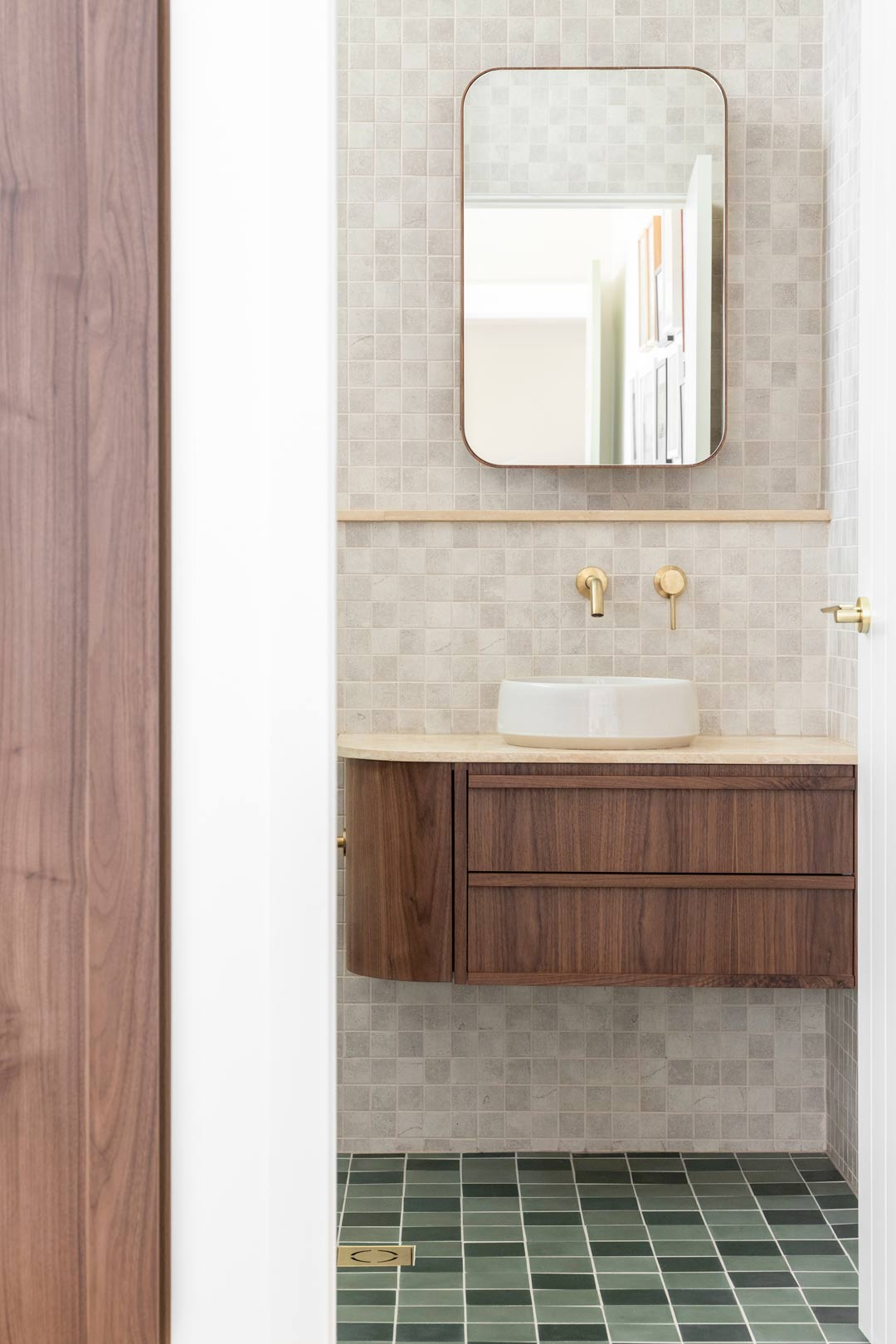
The 70s bathroom still expressed colourful boldness, which can seem over the top for today’s design context, but there are ways to bring in an essence of its exuberance without dated doilies.
Choose either a 70s pattern or colour that you like, and incorporate it through either a small statement wall or in decor accents. Think towels, toothbrush holders, plant pots, and soap dishes.
This sentiment can be applied to fixtures too, and we suggest bringing in the retro feel of brushed brass or brushed copper into the mix.
Mastering the 70s Bedroom
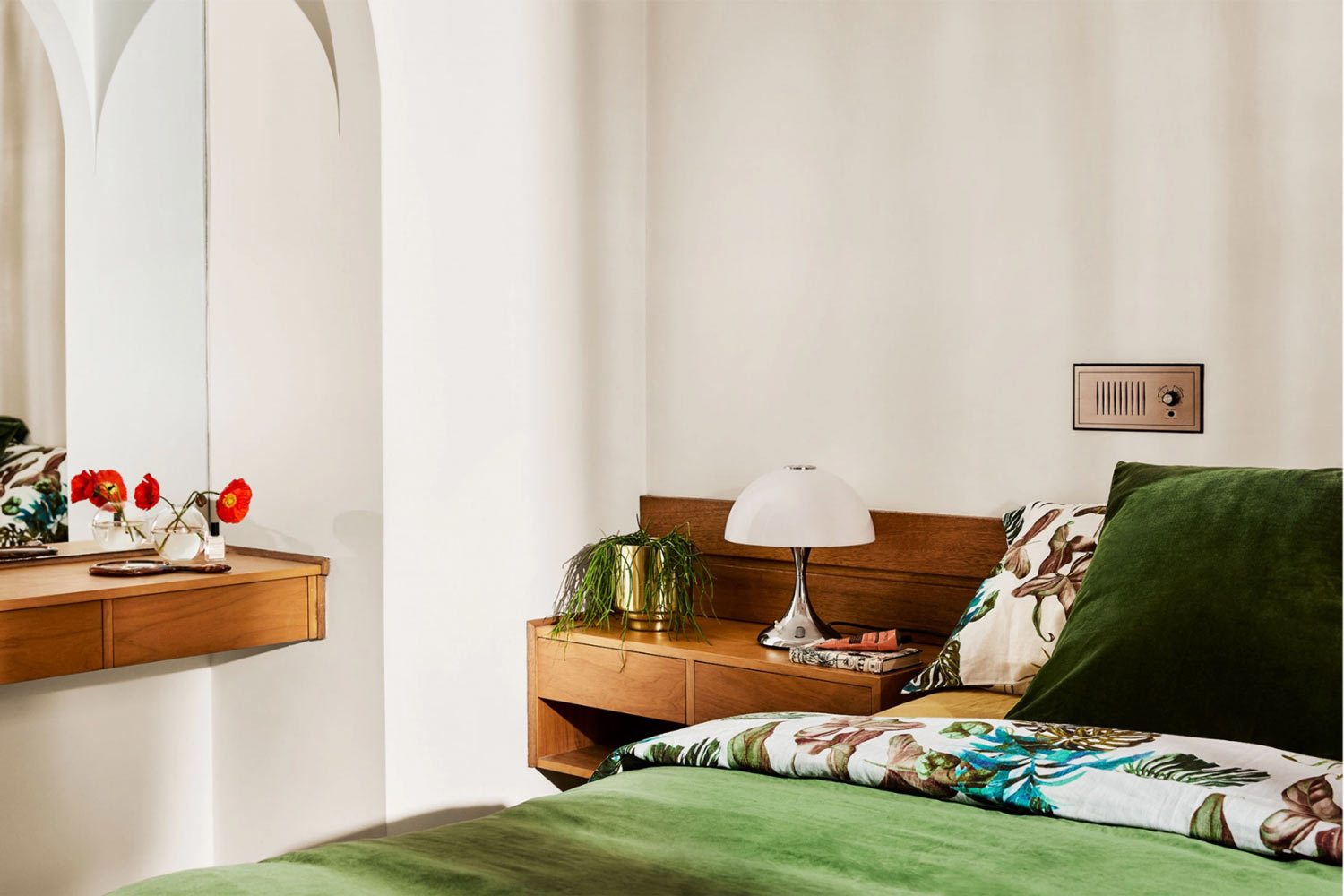
The 70s bedroom, with its wacky overtones, still adapted from mid-century design — it just built on it more with colour. The space was still quite angular and geometric.
You can embrace the psychedelic 70s interior design if you wish through loud bedspreads and wallpaper, but you can tone it down by just selecting muted earthy tones and dispersing them through the room.
70s decor can reign here, with the now popular mushroom or orb lamps adorning your bedside table or retro art embellishing walls.
